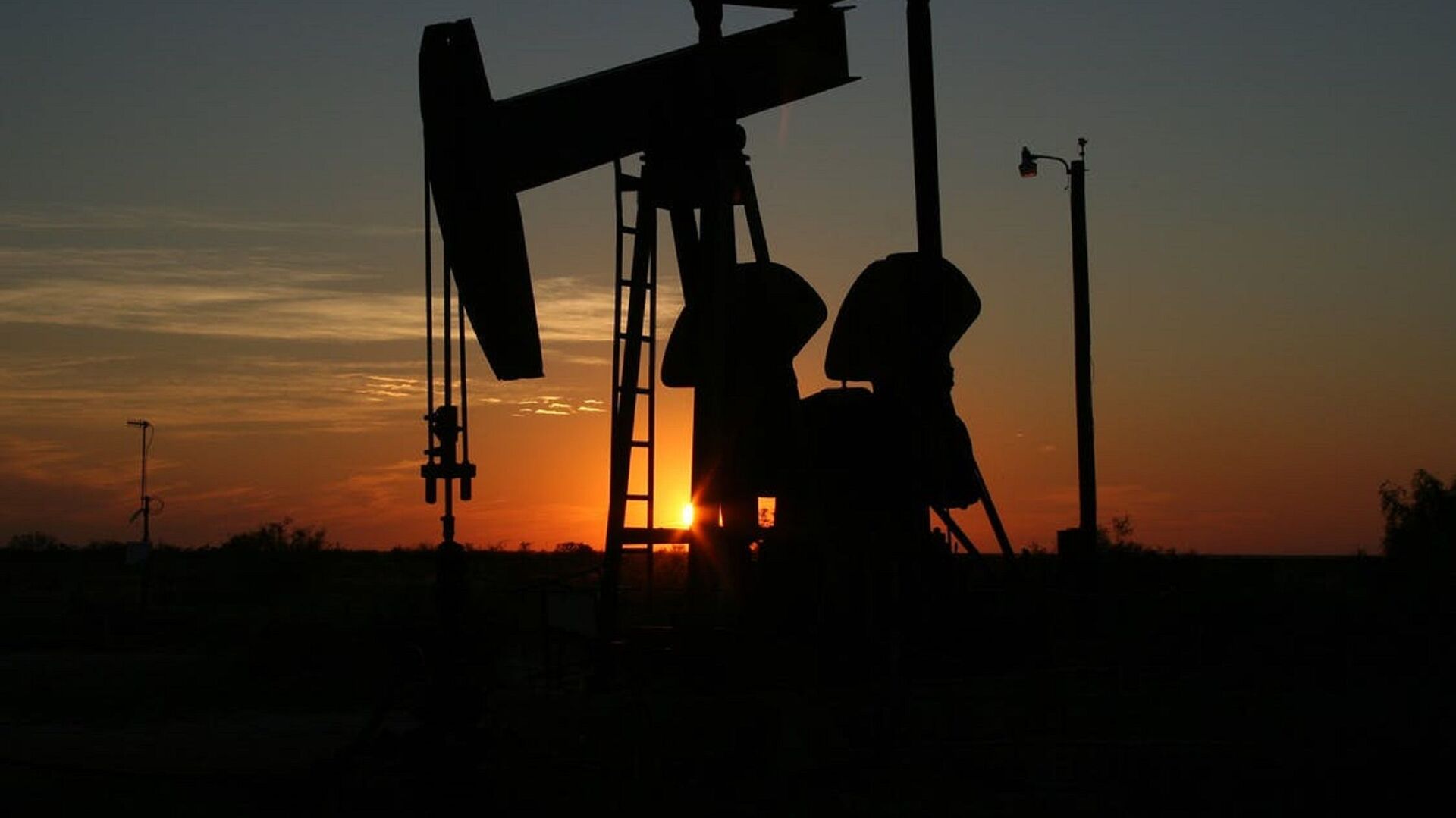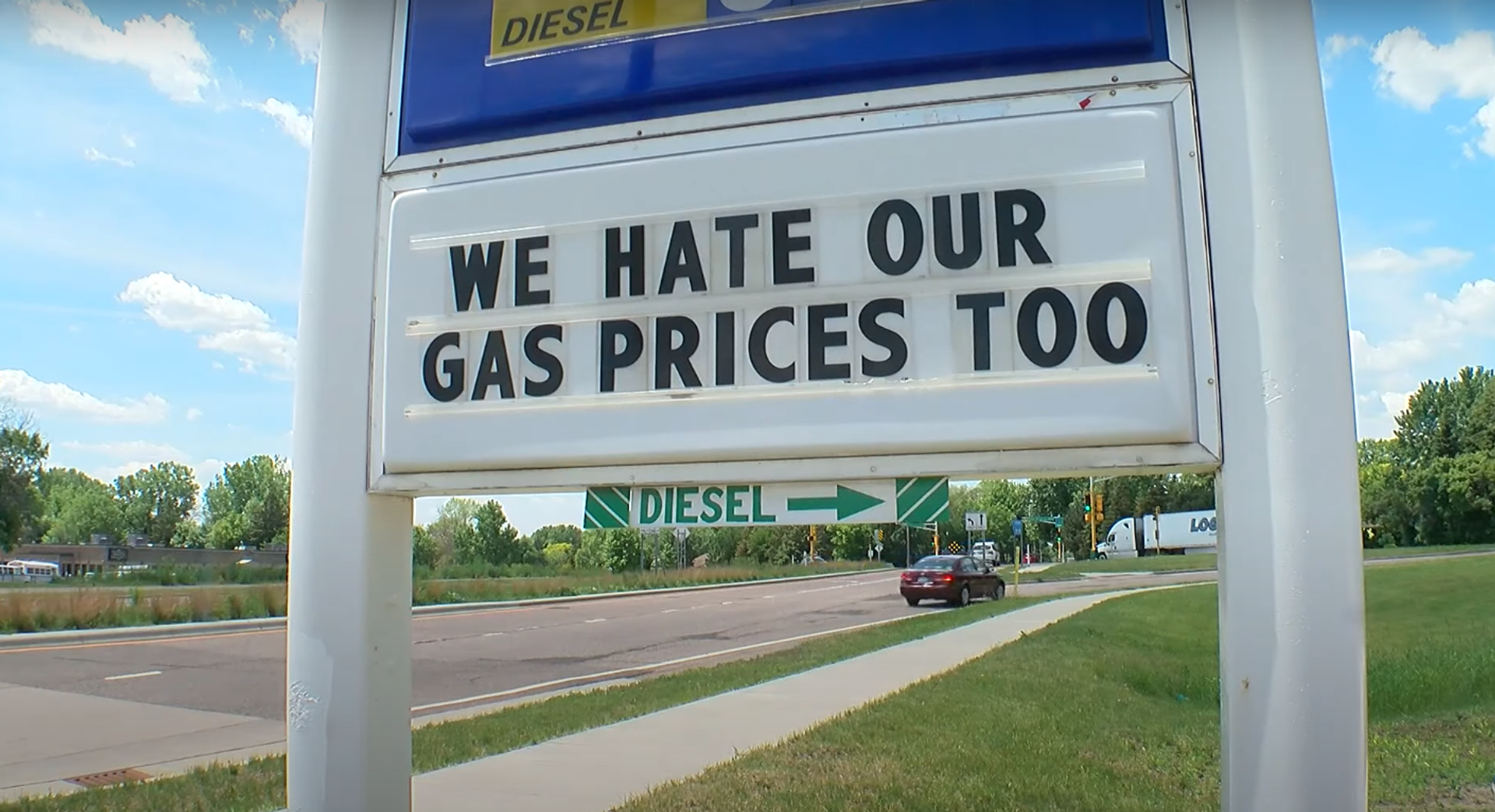https://sputnikglobe.com/20221122/what-is-the-energy-crisis-and-why-is-a-global-energy-crisis-taking-place-today-1104509600.html
What is the Energy Crisis, and Why Is a Global Energy Crisis Taking Place Today?
What is the Energy Crisis, and Why Is a Global Energy Crisis Taking Place Today?
Sputnik International
The phrase "energy crisis" can be heard quite often in newscasts and documentaries. But what exactly does this phrase mean and how an energy crisis occurs, and what does it mean for those affected by it?
2022-11-22T09:46+0000
2022-11-22T09:46+0000
2022-12-19T13:49+0000
energy crisis
fuel prices
oil
gas
economy
energy
oil and gas
gas pipeline
natural gas
oil price
https://cdn1.img.sputnikglobe.com/img/107914/25/1079142547_0:260:2500:1666_1920x0_80_0_0_3b2a37542c38d3b963e834fe43ef3b1f.jpg
With fuel prices on the rise in many countries across the world, the term “global energy crisis” has been uttered with increased frequency in recent days, with groups such as the International Energy Agency giving such warning less than a month ago.So what is an energy crisis exactly and how does it occur, and what exactly does it mean for those affected by it?Nature and OriginsSimply put, an energy crisis happens when the available supply of energy is not enough to satisfy the demand for it, with energy prices rising dramatically as a result.Such a situation may arise due to various factors, such as natural phenomena and human machinations.For example, last year Brazil faced a local energy crisis when a severe drought affected the output of hydroelectric plants in the country – plants on which Brazil largely relies to satisfy its need for electricity.On the other hand, the disruption of the oil exports from the Middle East in the 1970s, caused by cataclysmic events in the region such as the Yom Kippur War of 1973 and the revolution in Iran in 1979, resulted in a “man-made” energy crisis that gripped the Western powers during that time period.The Current Situation and How It OccurredWhile the ongoing hostilities in Ukraine do get mentioned often in the media during talk about the current state of energy markets, the rising energy prices in the West have more to do with the Western powers’ response to the conflict in question rather than with the fighting itself.Namely, it is the United States and its allies deciding to impose sanctions against Russian energy imports that plunged energy markets into turmoil and sent fuel prices in several countries, including the US itself, skyrocketing.The move by the G7 countries to introduce a price cap on Russian oil, which immediately prompted Russia to promise to stop selling oil to countries which abide by this regulation, also did little to improve the situation, especially considering the fact that OPEC+ seems reluctant to ramp up oil production at this time.The energy situation in Europe became further complicated in September when a series of explosions – an act of international terrorism – effectively severed the Nord Stream pipeline, which was used to transport natural gas from Russia to Germany.How Does the Energy Crisis Affect Countries?Just as energy crises mean trouble for countries that depend on energy imports, they tend to benefit energy producing states, as soaring energy prices equal bigger profits for them.Certain actors may attempt to try and level the playing field, so to speak, by introducing measures such as the aforementioned price cap on Russian oil exports, even though such measures seem to undermine the very idea of free market the West generally promotes.Thus, the very measures the United States and its trade partners employed in a bid to hurt Russia’s economy may end up enriching energy producers worldwide even as people in some countries end up struggling to pay their energy bills.The current situation is especially painful for Europe, which has become increasingly reliant on cheap Russian energy supplies over the past three decades.Rising energy prices in Europe have already resulted in a number of European companies moving their production to the United States where energy prices seem relatively more stable, while the US itself seems poised to boost its own revenues by peddling liquefied natural gas (LNG) to Europe who effectively got cut off from Russia’s natural gas supply.And while Europe strives to cope with energy prices at home, the White House released millions of barrels of oil from the country’s Strategic Oil Reserve in order to mitigate this issue in the United States.
https://sputnikglobe.com/20221117/demonstrators-rally-over-energy-crisis-military-aid-to-ukraine-in-czech-capital-1104312109.html
Sputnik International
feedback@sputniknews.com
+74956456601
MIA „Rossiya Segodnya“
2022
News
en_EN
Sputnik International
feedback@sputniknews.com
+74956456601
MIA „Rossiya Segodnya“
Sputnik International
feedback@sputniknews.com
+74956456601
MIA „Rossiya Segodnya“
global energy crisis, energy crisis, rising energy prices, price cap on russian oil, fuel prices
global energy crisis, energy crisis, rising energy prices, price cap on russian oil, fuel prices
What is the Energy Crisis, and Why Is a Global Energy Crisis Taking Place Today?
09:46 GMT 22.11.2022 (Updated: 13:49 GMT 19.12.2022) The phrase "energy crisis" can be heard quite often in newscasts and documentaries, and is usually associated with growing fuel prices and economic problems.
With fuel prices on the rise in many countries across the world, the term “global energy crisis” has been uttered with increased frequency in recent days, with groups such as the International Energy Agency giving such warning less than a month ago.
So what is an energy crisis exactly and how does it occur, and what exactly does it mean for those affected by it?
Simply put, an energy crisis happens when the available
supply of energy is not enough to satisfy the demand for it, with energy prices rising dramatically as a result.
Such a situation may arise due to various factors, such as natural phenomena and human machinations.
For example, last year Brazil faced a local energy crisis when a severe drought affected the output of hydroelectric plants in the country – plants on which Brazil largely relies to satisfy its need for electricity.
On the other hand, the disruption of the oil exports from the Middle East in the 1970s, caused by cataclysmic events in the region such as the Yom Kippur War of 1973 and the revolution in Iran in 1979, resulted in a “man-made” energy crisis that gripped the Western powers during that time period.
The Current Situation and How It Occurred
While the ongoing hostilities in Ukraine do get mentioned often in the media during talk about the current state of energy markets, the rising energy prices in the West have more to do with the Western powers’ response to the conflict in question rather than with the fighting itself.
Namely, it is the United States and its allies deciding to impose sanctions against
Russian energy imports that plunged energy markets into turmoil and sent
fuel prices in several countries, including the US itself, skyrocketing.
The move by the G7 countries to introduce a price cap on Russian oil, which immediately prompted Russia to promise to stop selling oil to countries which abide by this regulation, also did little to improve the situation, especially considering the fact that OPEC+ seems reluctant to ramp up oil production at this time.

17 November 2022, 13:03 GMT
The energy situation in Europe became further complicated in September when a series of explosions – an act of international terrorism – effectively
severed the Nord Stream pipeline, which was used to transport natural gas from Russia to Germany.
How Does the Energy Crisis Affect Countries?
Just as energy crises mean trouble for countries that depend on energy imports, they tend to benefit energy producing states, as soaring energy prices equal bigger profits for them.
Certain actors may attempt to try and level the playing field, so to speak, by introducing measures such as the aforementioned price cap on Russian oil exports, even though such measures seem to undermine the very idea of free market the West generally promotes.
Thus, the very measures the United States and its trade partners employed in a bid to hurt Russia’s economy may end up enriching energy producers worldwide even as people in some countries end up struggling to pay their energy bills.
The current situation is especially painful for Europe, which has become increasingly reliant on cheap Russian energy supplies over the past three decades.
Rising energy prices in Europe have already resulted in a number of European companies
moving their production to the United States where energy prices seem relatively more stable, while the US itself seems poised to boost its own revenues by peddling liquefied natural gas (LNG) to Europe who effectively got cut off from Russia’s natural gas supply.
And while Europe strives to cope with energy prices at home, the White House released millions of barrels of oil from the country’s Strategic Oil Reserve in order to mitigate this issue in the United States.



